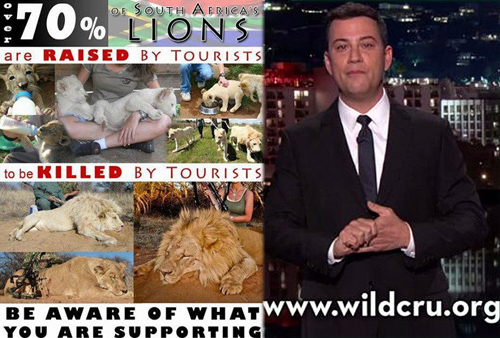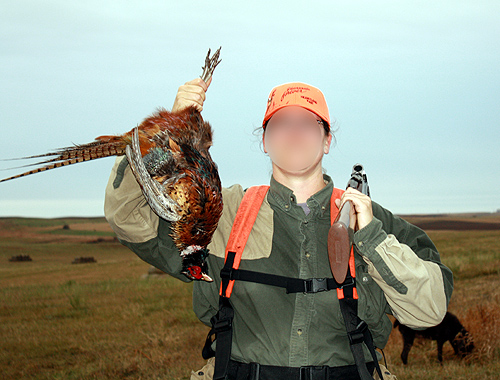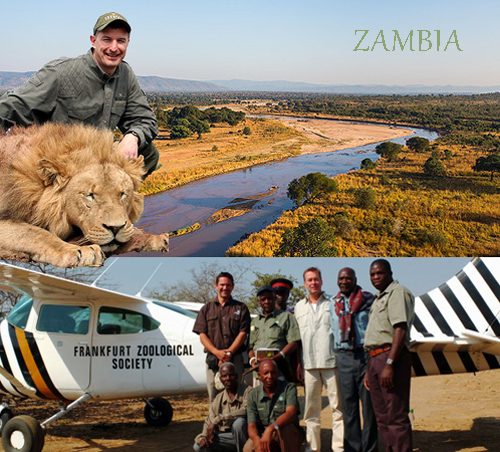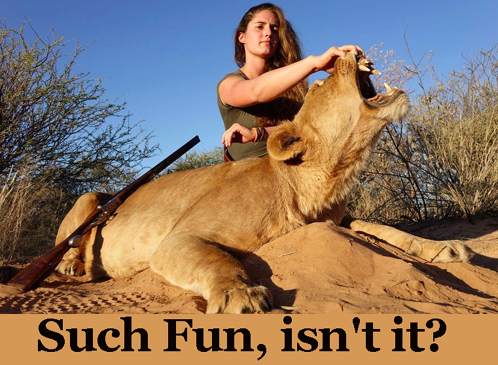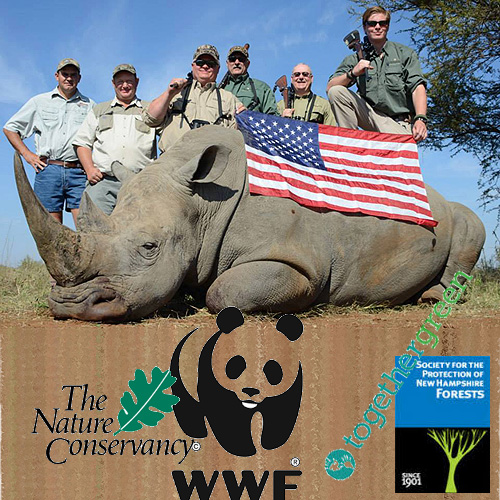 Hey, conservationists! How about big game trophy hunting to protect national wilderness areas? And will you put your money where mouth is?
Hey, conservationists! How about big game trophy hunting to protect national wilderness areas? And will you put your money where mouth is?
Africa’s asking.
I don’t know yet how I’ll answer, but I want to clearly lay out the questions for all of us.
Fact 1: For the first several years running in my entire 40-year career, wildlife numbers are declining slightly.
Droughts and wars have taken serious tolls on East Africa’s wildlife in decades past, but animal populations always rebounded quickly. Unfortunately, good data compilations are still not available since competing NGOs remain provincial and selfish with their data, but my personal sense of what is in the public domain, combined with lots of anecdotal evidence convinces me of this slight decline.
There are two main reasons for this: rapid climate change and increasingly rapid economic development.
“Wildlife in Kenya is in serious trouble with numbers declining at around 3.2% per year while agriculture [is]… increasing at 8% per year at the cost of herbaceous wild habitat,” writes Calvin Cottar of the iconic Cottar tourism family in Kenya.
Fact 2: Also for the last several years, photography tourism – the main support of African wildlife reserves – has declined while big game hunting has increased.
In South Africa, a large consulting firm called the tourism decline “unprecedented” while big game hunting has increased and claimed the tourist industry there was losing 1600 people, 4 jumbo jets, daily compared to only a few years ago.
South Africa is stable and beautiful, and what’s more, has a Rand value against the Euro and dollar that has made vacations there more affordable than ever. So the decline is absolutely not linked to African politics, stability or terrorism, despite those scandalous claims often heard.
Rather, the decline is linked to the global economy, particularly the very poor economy in Europe and the crashing economies of Asia. But even America, with a relatively robust economy and overseas tourism that is soaring more than 5%, showed a whopping 13% decline to Africa in 2014.
America’s case may be slightly anomalous to the rest of the world. We are in an election cycle with heightened concerns about security that are reaching hysterical levels. I’m absolutely convinced that the world as a whole is not deterred traveling to Africa because of “terrorism,” but Americans may be.
Yet given South Africa’s predicament – located far from any terrorism – the conclusion that African politics, stability and “terrorism” is not a significant contributor to the current decline remains reasonable.
Calvin Cottar’s resume claims that his family has been operating safaris for 90 years in Kenya. In his piece in Nairobi Destination Magazine last month, he argues that conservationists have to give strongly in two areas:
First, they’ve got to get financially involved in ways they aren’t. By the way, he’s not only arguing for us foreigners to do this, but Kenyans and African governments as well:
“Payment for Ecosystem Services (PES) – the leasing of land for conservation… involves philanthropic or other entities paying local people for the use of their land … to maintain wildlife.”
Cottar implies a situation which I believe goes too far: a sort of wholesale privatization of wilderness, although he concedes that isn’t politically realistic at the moment. Moreover, he cites numbers which are staggering: “Kenya requires $700 million per year … to secure just our existing wildlife populations and habitats – or 150,000 sq kms of land.”
Yet he insists it will work, because “Our experience in land leasing for PES in the Mara is that it is 100% corruption free.”
Major red flag. Nothing in the world is 100% and when people try to support their positions with such purity, I for one am turned off. Nevertheless, Cottar’s point with regards to PES is taken.
Second, we’ve got to allow hunting, which currently Kenya does not. This is a second article in the digital magazine which follows Cottar’s, and it is attributed to him, so I’m not sure if he simply wanted to duck the radar or if it is from someone else.
Regardless, it is certainly one of the most controversial strategies that exists.
Whether it is Cottar writing the article or someone else, it is a well compiled if somewhat disorganized discussion of the morality and practicality of promoting big game hunting, in the main as a hedge against poaching while generating the funds needed to local conservation:
“And as we grope our way toward wildlife preservation and sustainability, [big game sports hunting] appears to be more of an ally than a foe.”
It’s hard to see a good outcome, here. If overall wildlife statistics are hard to obtain, statistics about hunting are even less clear and generally wildly exaggerated by both sides. But the possibility of rounding up three-quarters of a billion dollars annually to preserve what is still a small part of the current East Africa wilderness seems completely unlikely.
What do you think?
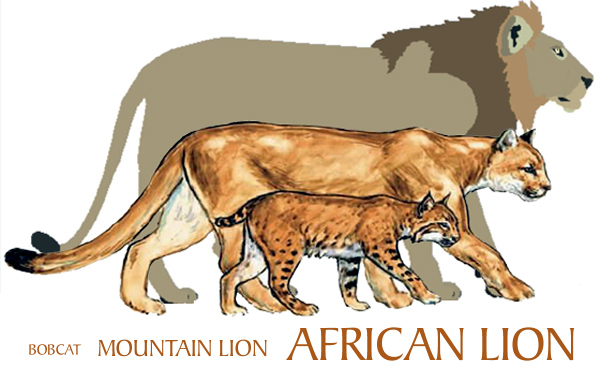
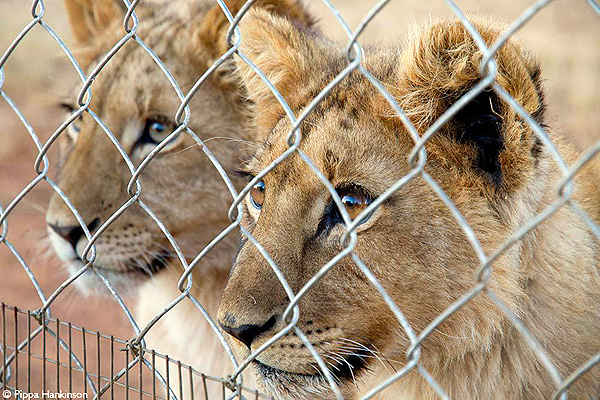
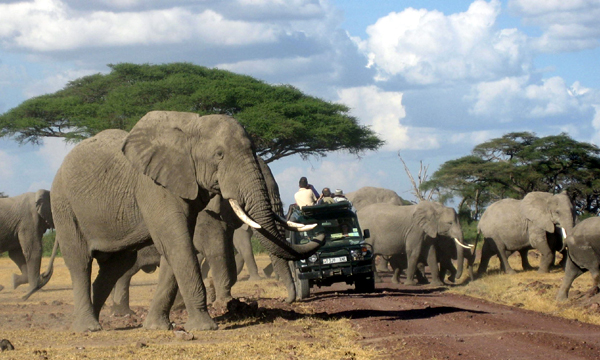 Could a virus like Covid-19 be killing Botswana’s elephants?
Could a virus like Covid-19 be killing Botswana’s elephants?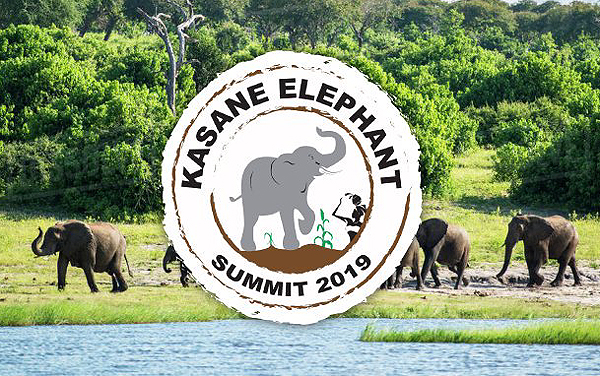 Angola, Botswana, Namibia, Zambia and Zimbabwe claim to have 250,000 elephants – which is a bit high – and their Heads of State
Angola, Botswana, Namibia, Zambia and Zimbabwe claim to have 250,000 elephants – which is a bit high – and their Heads of State 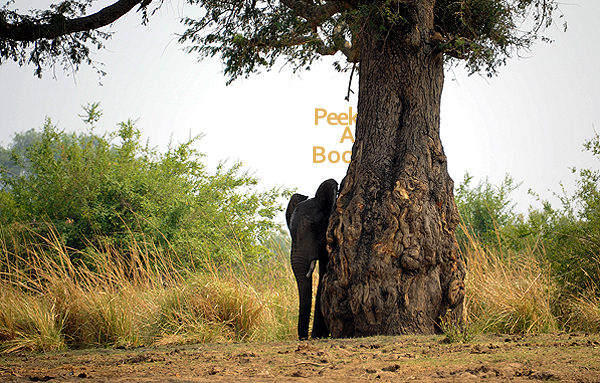 Hours ago a Botswana government
Hours ago a Botswana government 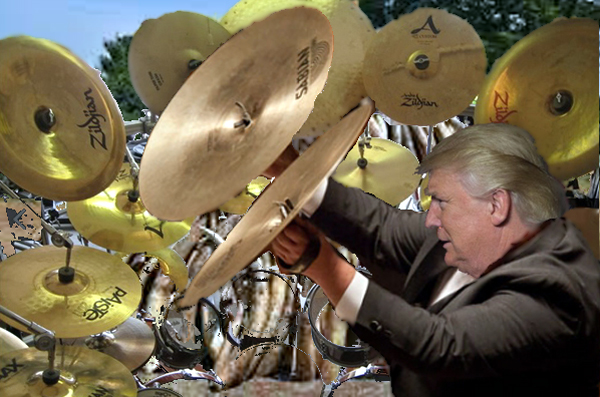 This weekend the world’s largest big game hunting
This weekend the world’s largest big game hunting 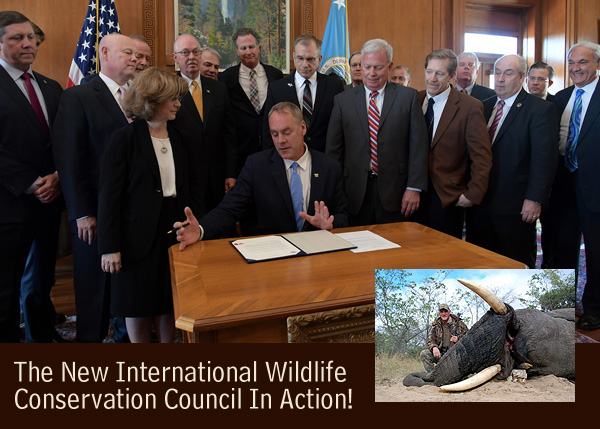 Here’s
Here’s 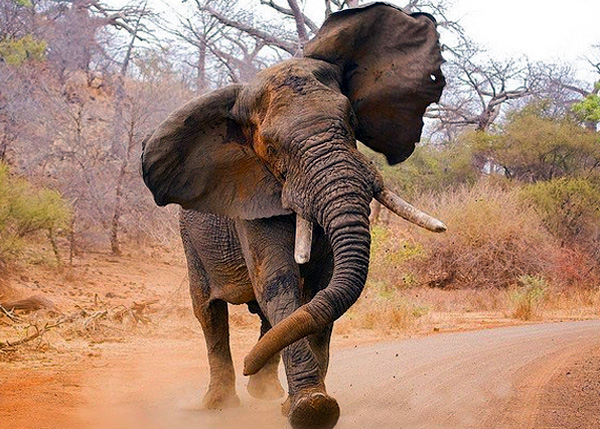 Last month British Columbia joined a slowly growing list of governments when
Last month British Columbia joined a slowly growing list of governments when 